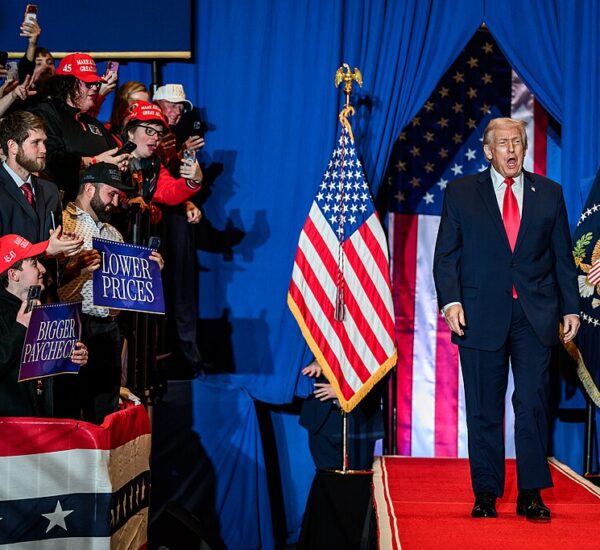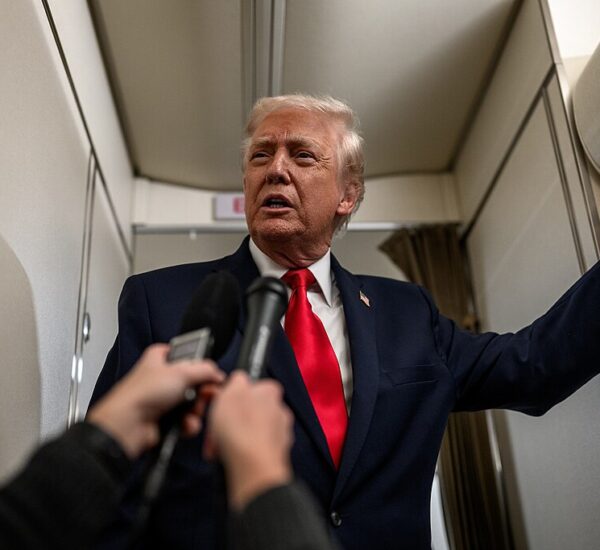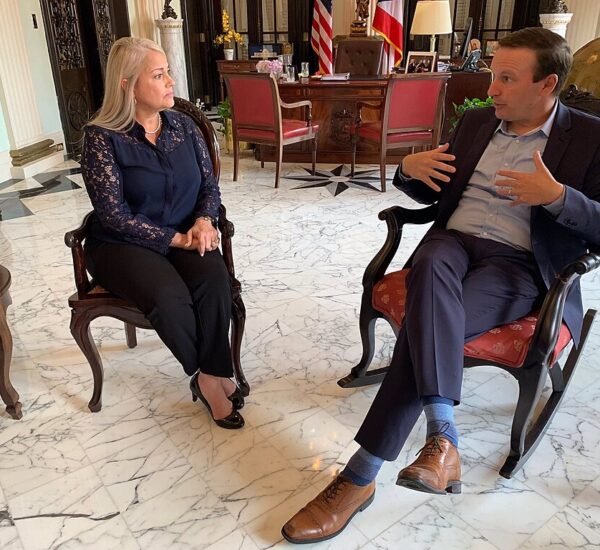Speaker Mike Johnson isn’t backing down — and Senate Democrats are feeling the heat.
For the sixth straight week, the House remains out of session as Democrats refuse to budge on a deal to reopen the government. The current shutdown is now the second-longest in U.S. history, and it’s on track to break another record within days.
Republicans have offered 13 short-term funding measures, each blocked by Senate Democrats. Now, as Washington gridlock drags on, everyday Americans are paying the price — not the politicians.
Democrats Stall as Key Programs Face Shutdown Fallout
Critical programs that millions of families rely on are about to run dry.
Senate Democrats walked out of Washington for the weekend without passing the GOP’s seven-week funding bill, leaving working families in limbo.
The Supplemental Nutrition Assistance Program (SNAP) could lose funding by Saturday, affecting over 42 million Americans. Judges have ordered the Trump administration to use emergency funds to keep the aid flowing, but red tape and Democratic resistance may delay relief.
Meanwhile, support for mothers and children is also on the chopping block. The Women, Infants, and Children (WIC) program and Head Start child care funding are both set to run out soon — even after President Trump’s team worked earlier this month to stretch existing resources.
If nothing changes, families could start feeling the pain as early as this weekend.
Republicans Push Responsibility — Democrats Demand More Spending
The GOP’s proposal, known as a continuing resolution (CR), extends funding for seven weeks while protecting taxpayer dollars. It keeps spending flat and adds $88 million for security at the Capitol, White House, and federal courts — something both parties claim to support.
But instead of taking the deal, Democrats are holding the process hostage over more Obamacare subsidies, the same costly entitlements they expanded during the pandemic. Those subsidies expire in 2025, and Democrats want them extended now — no matter the price tag.
Republican leaders say they’re open to discussing healthcare reform later, but not as part of a temporary spending bill. For them, the message is clear: stop using shutdowns to force more government handouts.
Speaker Johnson Holds His Ground
Since the House passed the bill on September 19, Speaker Johnson has refused to cave. He’s ordered Republicans to stay in their home districts, talk directly with voters, and help constituents navigate the shutdown’s impact.
Democrats accuse Republicans of being “on vacation,” but Johnson insists the House won’t reconvene until Senate Democrats stop blocking progress.
Most Republicans are still backing his leadership — though a few have shown frustration. Marjorie Taylor Greene, Kevin Kiley, and Dan Crenshaw voiced concerns on a private GOP call this week, with Crenshaw admitting he’s “no longer convinced staying out of session has benefits that outweigh the costs.”
Still, Johnson’s resolve remains strong. His strategy reflects a broader fight for fiscal sanity, smaller government, and real accountability — principles many believe Washington has ignored for far too long.
The Bottom Line
Democrats are gambling with taxpayer dollars to expand Washington’s power.
Republicans, led by Speaker Johnson and supported by President Trump, are demanding fiscal responsibility and a return to common sense.
As the shutdown continues, one thing is certain — the American people are watching. And they’re tired of career politicians treating their livelihoods like political poker chips.






